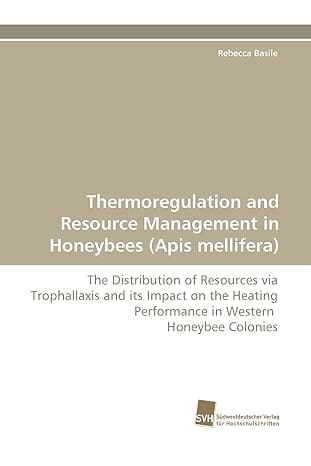Definition
Thermoregulation is the process by which an organism maintains its body temperature within certain boundaries, even when the surrounding temperature is very different.
Expanded Explanation
Temperature regulation involves a balance between heat production and heat loss, ensuring an optimal physiological functioning. It’s crucial in maintaining homeostasis in the body, which is the state of steady internal physical and chemical conditions.
Importance
Thermoregulation is vital for survival. It allows organisms to function effectively, protecting critical cellular processes and maintaining metabolic efficiency. Without it, severe hypothermia or hyperthermia could occur, leading to potential organ damage or even death.
Context and Usage
In humans, thermoregulation is often discussed in the context of fever, exercise, and exposure to extreme environmental temperatures. It also plays a significant role in the world of animals, particularly in how they adapt to their environments.
Examples
- Example 1: During a fever, the body’s thermoregulatory set-point increases, leading to an increase in body temperature.
- Example 2: When exercising, the body’s thermal care process helps maintain a safe internal temperature by increasing sweat production to cool down.
Understanding Thermoregulation
A common misconception is that thermal care only involves cooling the body. However, it also involves heating the body when necessary, like during cold weather.
Related Glossary Terms
- Homeostasis: This term is related as temperature regulation is a critical part of maintaining homeostasis, the body’s state of balance.
- Metabolism: Thermoregulation is closely connected to metabolism, as metabolic reactions generate the heat that the body regulates.
Visual and Reading Aids
External Resources
- Thermoregulation on Britannica: This resource provides an extensive overview of thermoregulation, including its importance in different species.
- Thermoregulation on PubMed: This article offers an in-depth look at thermoregulation system and how it works.
Related Articles
- Newborn Thermoregulation: Key to a Healthy, Happy Baby: Explore the crucial role of newborn temperature regulation in ensuring a baby’s health, comfort, and happiness.
- Discover 7 Amazing Homeostasis Mechanisms That Keep You Healthy: This blog post explores seven key homeostasis mechanisms – thermoregulation, glucose homeostasis, calcium homeostasis, pH balance, blood pressure regulation, fluid balance, and hormonal regulation – that are essential for maintaining human health and well-being.

